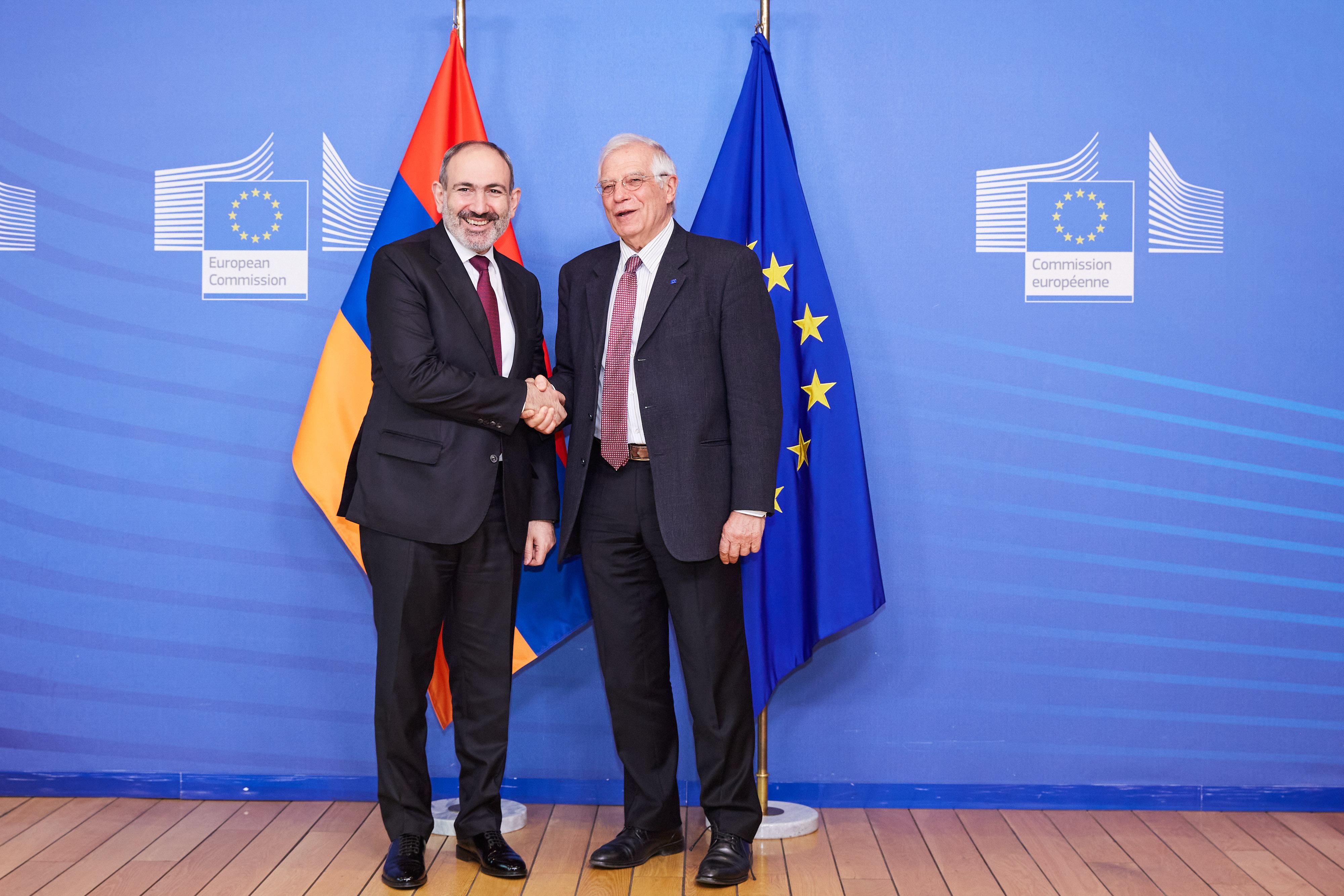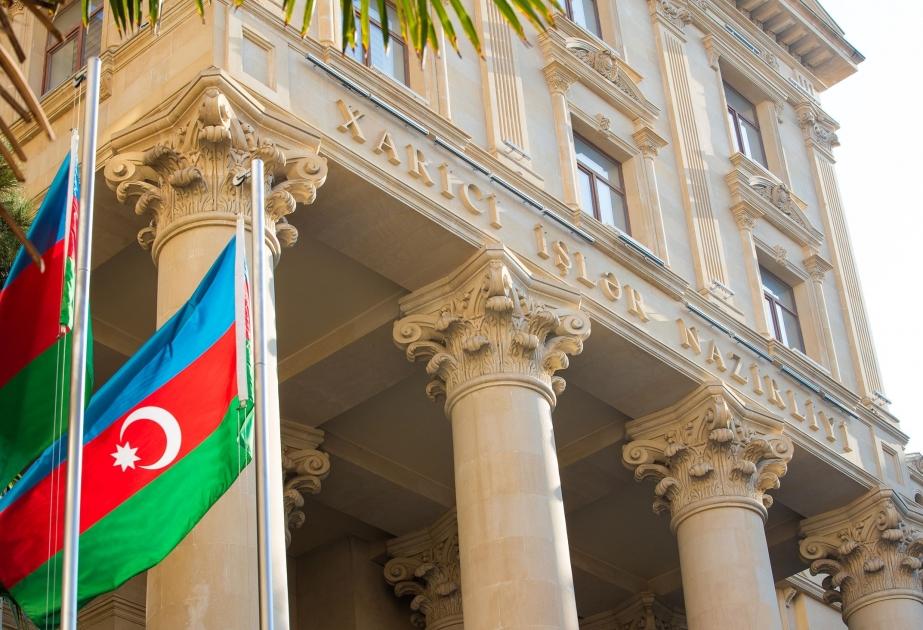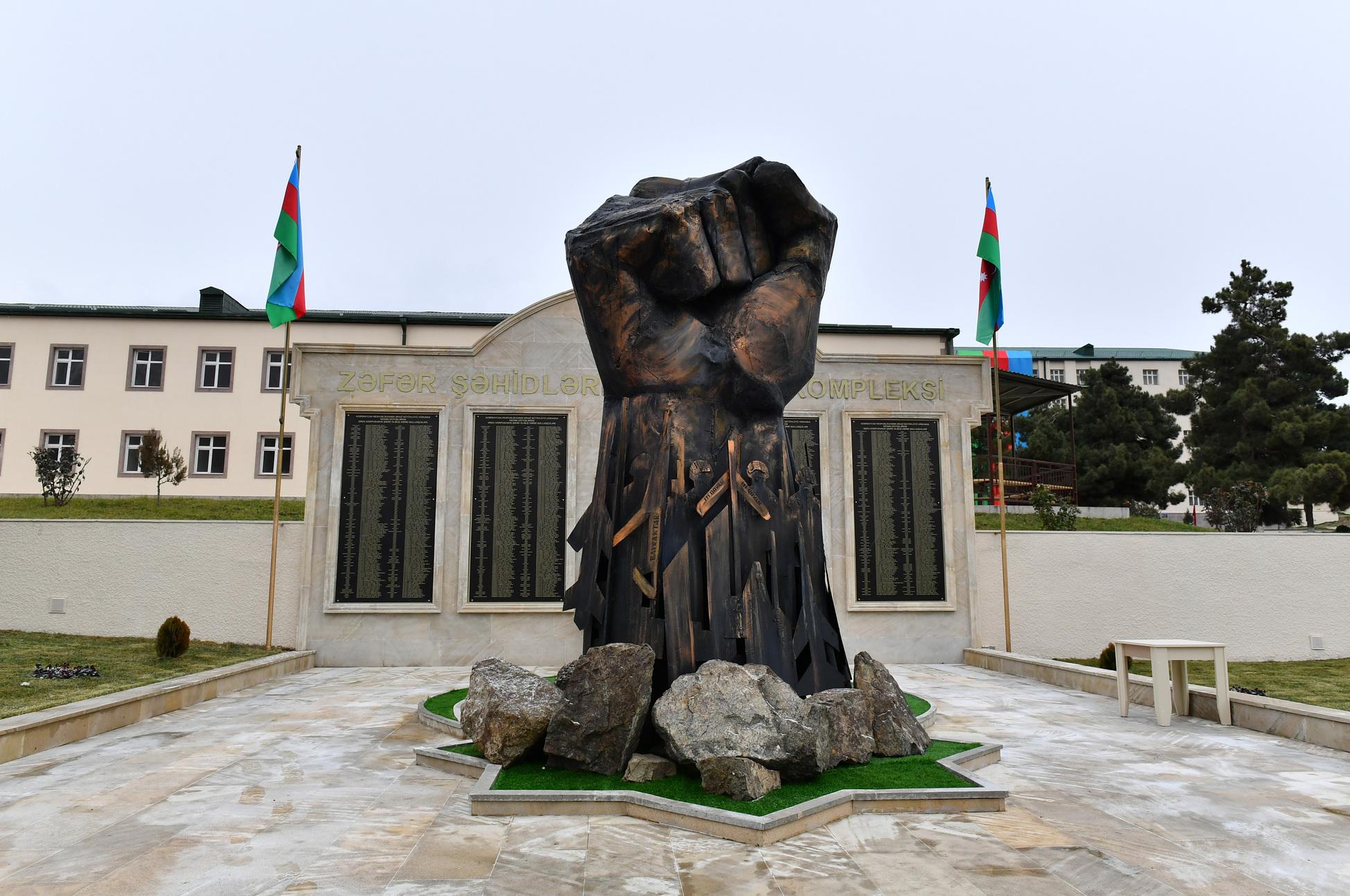EU’s sanctimonious move: €10m won’t be silver bullet for Armenia Yet the devil in disguise tempted it
In a significant move, the European Union has allocated €10 million to support the Armenian armed forces under the European Peace Facility (EPF). At a time when Armenia, crushed on the battlefield, is avoiding Azerbaijan’s peace initiative to bring back tranquility to the South Caucasus, this unprecedented and one-sided aid aims to enhance Armenia's military capacities. The decision has sparked a strong backlash from Azerbaijan, raising concerns about regional stability and the future of Azerbaijani-EU relations.
EPF allocates €10m to Armenia
The European Peace Facility (EPF) has taken a perfidious step vis-а-vis Azerbaijan by approving a €10 million assistance package for the Armenian armed forces. This aid is said intended to boost Armenia's logistical capabilities and improve civilian protection during crises and emergencies. Additionally, it aims to enhance Armenia's military resilience and interoperability for potential future participation in international missions, including those led by the EU.
Josep Borrell, the EU’s High Representative for Foreign Affairs and Security Policy, notorious for anti-Azerbaijani attacks and pro-Armenian moves, emphasized the significance of this measure.

"Security is an increasingly important element of our bilateral relations with Armenia. This European Peace Facility measure will further contribute to the resilience of the country. We have a mutual interest to further scale up our dialogue on foreign and security policy, also looking into Armenia’s future participation in EU-led missions and operations."
The aid package will provide a fully-equipped deployable tent camp for a battalion-sized unit, underscoring the EU's commitment to strengthening Armenia's military infrastructure, according to a press release by the EPF. This support is framed within the broader EU-Armenia Comprehensive and Enhanced Partnership Agreement, aimed at promoting peace, stability, and prosperity in the South Caucasus.
Azerbaijan's harsh reaction to EU's military aid
Azerbaijan has strongly condemned the EU's decision to allocate military aid to Armenia, viewing it as a provocative and dangerous step. Azerbaijan's Foreign Ministry Spokesperson Aykhan Hajizada articulated the government's position, describing the EU's move as "unilateral and biased," and a manifestation of the policy of creating "dividing lines" in the region.
Hajizada stated that "following the steps taken by France to equip Armenia with Bastion multi-purpose armored vehicles and Caesar self-propelled artillery systems, the European Union’s decision to send military aid to Armenia is an erroneous and dangerous step that serves to increase tension in the region.”
He further warned that such assistance would contribute to Armenia's military buildup, undermining efforts for peace and cooperation.

Azerbaijan's response underscores the deep-seated tensions between the two countries, which have been at odds since the early 1990s over the Nagorno-Karabakh region. Although most of the territory was reclaimed by Azerbaijan during the 2020 conflict, relations remain fragile, with sporadic clashes and unresolved border issues.
Possible negative impact on regional stability & Azerbaijani-EU relations
The EU's decision to provide military aid to Armenia could have far-reaching consequences for regional stability in the South Caucasus and Azerbaijani-EU relations. Azerbaijan perceives the move as an endorsement of Armenia, potentially emboldening Yerevan's stance in ongoing peace negotiations, border demarcation talks, and Baku’s invitation of Armenia to COP29.
Azerbaijan’s concerns are not unfounded. The EU’s involvement in military aid, coupled with previous support from France, suggests a shift in the region's geopolitical landscape. The European Union's aid package is part of a broader strategy to enhance Armenia's military capabilities, which may inadvertently escalate tensions and provoke retaliatory measures from Azerbaijan.
Moreover, Azerbaijan's skepticism towards the EU's neutrality and fairness in the conflict is likely to strain diplomatic relations. The perception of double standards, as highlighted by Hajizada, could lead to a deterioration in Azerbaijani-EU ties, complicating cooperation on other fronts, such as energy and trade.
Analysts suggest that the EU’s actions might also influence other regional players, particularly Russia and Iran, who have vested interests in the South Caucasus. Russia, which brokered the 2020 ceasefire, may view the EU’s increasing military support to Armenia as a challenge to its influence in the region. Similarly, Iran, which shares borders with both Armenia and Azerbaijan, might perceive the EU's involvement as a destabilizing factor.

Conclusion
The European Union's allocation of €10m in military aid to Armenia represents a significant development in the South Caucasus. While aimed at enhancing Armenia's defense capabilities and civilian protection, the move has elicited strong opposition from Azerbaijan, highlighting the delicate balance of power in the region.
To mitigate the potential negative impact on regional stability, the EU must adopt a balanced approach, ensuring that its actions do not exacerbate existing tensions. Transparent communication and inclusive dialogue with all regional stakeholders, including Azerbaijan, are crucial to fostering trust and cooperation.
The South Caucasus remains a region of strategic importance, with the potential for both conflict and collaboration. As the EU deepens its engagement, it must navigate the complexities of regional dynamics carefully, promoting peace and stability through inclusive and equitable policies.
In the words of Josep Borrell, "We have a mutual interest to further scale up our dialogue on foreign and security policy." This sentiment must guide the EU's actions, ensuring that its support contributes to a sustainable and peaceful future for all nations in the South Caucasus.








